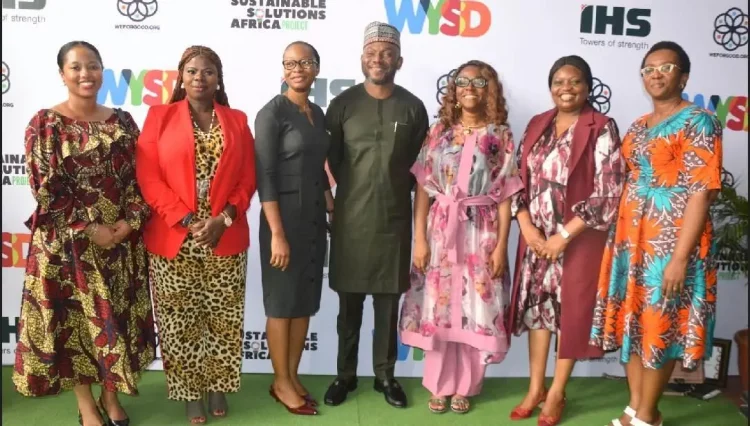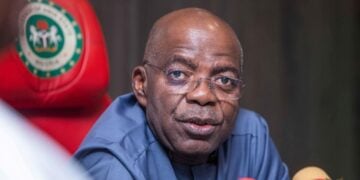A Lagos based non-governmental organisation, WeForGood International, through the support of organisations such as IHS Nigeria, has disbursed N104 million to viable eco-friendly sustainable enterprises owned by young African entrepreneurs between 18 and 35 years.
This was disclosed last weekend in Lagos by the chief executive officer of WeForGood, Temitayo Ade-Peters, during the 2022 Sustainable Solutions Africa Project Conference to mark the United Nations’ World Youth Skills Day with the theme “Promoting Eco-Focused Solutions Africa’s Pathway to Sustainable Growth.”
Ade-Peters said: “In the past three years, through our fellowship programme, we have directly supported close to 60 African startups with training and coaching and facilitated over $250,000 to promote sustainable solutions on the continent.
“We’ve reached about 1,400 youths and entrepreneurs exploring skills for impact to further scale their reach. The start-ups we support run for-profit and not-for-profit businesses addressing one or more areas of the SDGs.”
She said that the conference was focused on innovative solutions that addressed SDG-focused environmental challenges and to provide strategies that would help youths to harness and maximise their skills and talents in response to the increasing call for climate actions, adding that “every young person here will leave this conference well inspired to embrace and explore opportunities to build a sustainable Africa.”
She said that enterprises that qualified for funding from the organisation must be economically viable and have eco-solutions projects that would enhance environmental sustainability.
She also said that “through the support of IHS Nigeria, we have opportunity for young people to get up to N3 million to support their individual projects” that could be used to create sustainable solutions to solve Africa’s problems.
Senior special assistant to the President on Sustainable Development Goals (SDGs), Adejoke Orelope-Adefulire, in her special remark during the conference said that the participation of youth in the advocacy for a real shift is essential in order to combat climate change.
Orelepe-Adefulire said: “Government, private sector and civil society must all look towards young people, as we aim to strengthen both formal and informal education on climate change and viable lifestyles. In addition, sustainable production and consumption patterns must be promoted and supported by the youth as environmental champions in their local communities.”
She added that “we are partnering with UNDP to launch six SDG Innovation Hubs across the country which will prioritise the engagement of young people as catalysts for innovative technical, technological and business solutions to help us accelerate the achievement of the SDGs.”
A panelist during the conference, who is also a Human Resources Consultant, Sandra Iheanacho, said that education is very essential to produce young Nigerian entrepreneurs that would become job creators.
Iheanacho said: “To take care of tomorrow we have to prepare by taking care of the education of our youths that are capable to create jobs.”
Chief executive officer of The Illuminator’s Academy, Yejide Aina, who was among the panelists during the conference, said that Nigerian youths need quality educational curriculum that would equip them with innovative and entrepreneurial capacity to create economic opportunities in the country’s economy.











